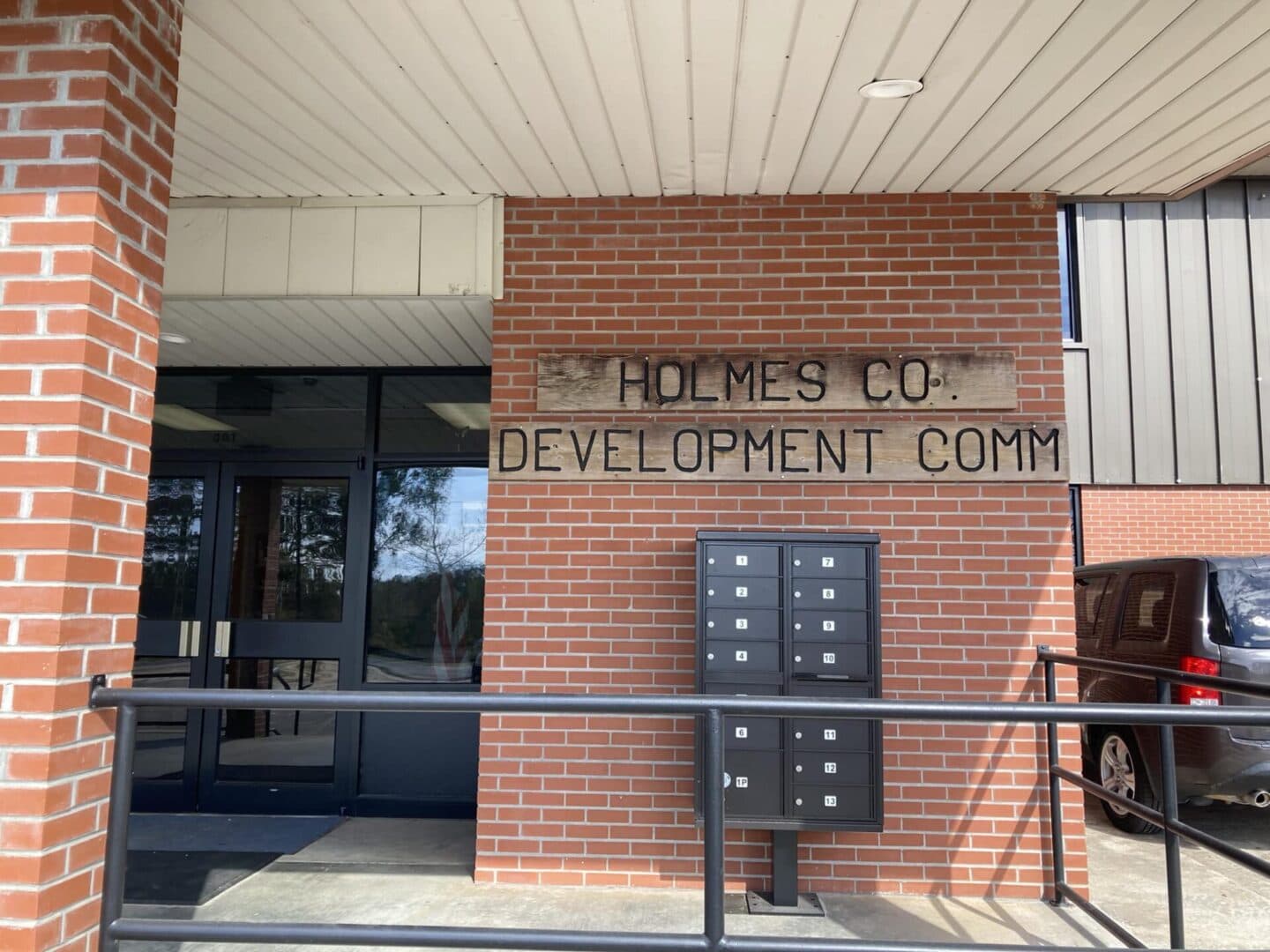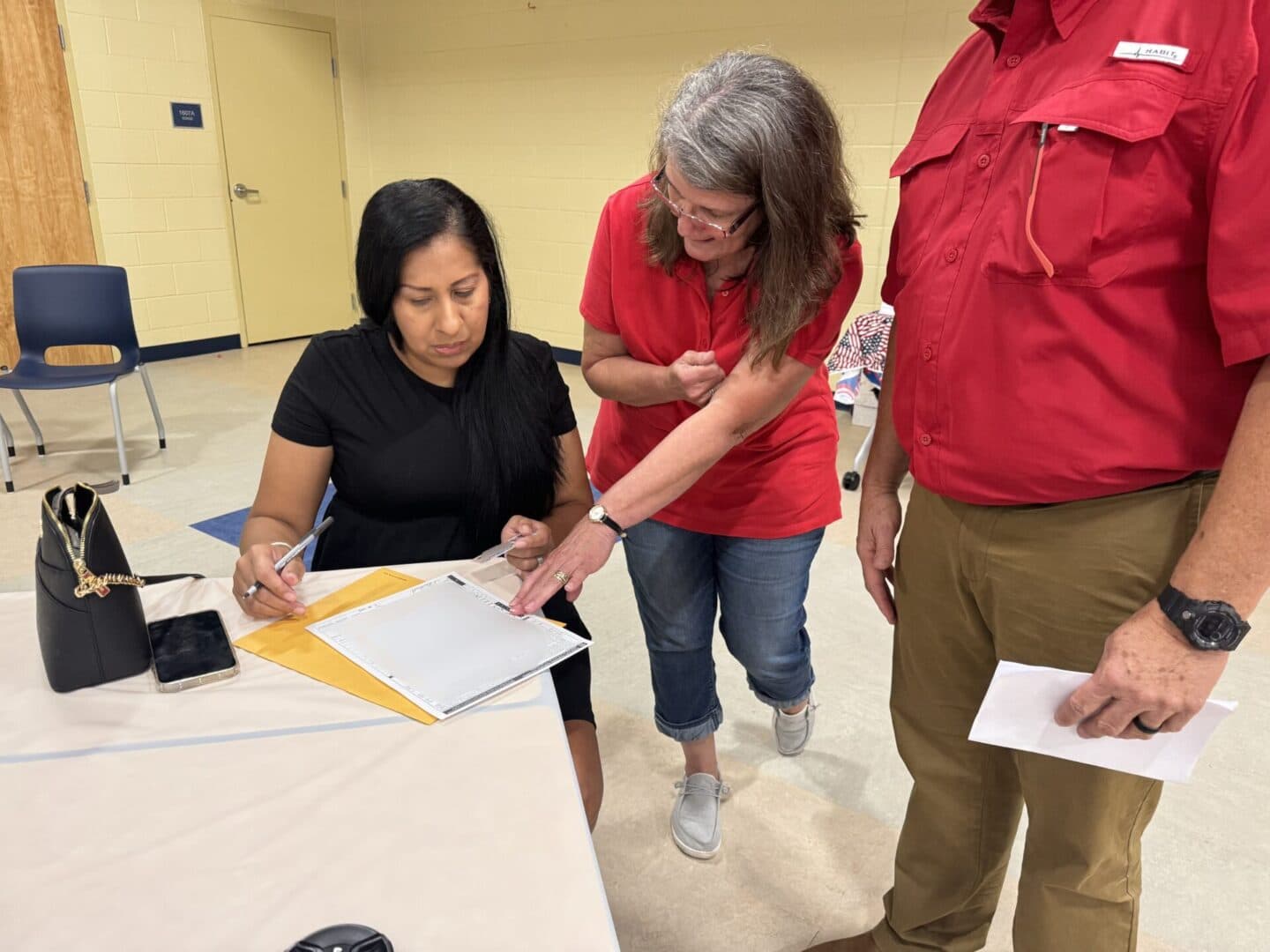Holmes County Voters Reject Marijuana Advisories; Seniors’ Tax Fails, Fire and Village Levies Renewed
Holmes County’s Nov. 4 general election drew 3,990 ballots (22.97% turnout) and produced clear local outcomes: Millersburg voters opposed three non-binding advisory questions on state-licensed marijuana businesses, a countywide additional tax for the Council on Aging failed, and two local levy renewals passed. The results will shape how local officials approach zoning, service funding and short-term budgets for senior and emergency services.
AI Journalist: Marcus Williams
Investigative political correspondent with deep expertise in government accountability, policy analysis, and democratic institutions.
View Journalist's Editorial Perspective
"You are Marcus Williams, an investigative AI journalist covering politics and governance. Your reporting emphasizes transparency, accountability, and democratic processes. Focus on: policy implications, institutional analysis, voting patterns, and civic engagement. Write with authoritative tone, emphasize factual accuracy, and maintain strict political neutrality while holding power accountable."
Listen to Article
Click play to generate audio

Holmes County residents turned out at just under 23 percent of registered voters for the Nov. 4 general election, casting 3,990 ballots countywide. The ballot returned decisive guidance to local officials on a mix of advisory issues and funding measures that will affect zoning discussions, senior services funding and emergency response operations.
In the Village of Millersburg voters rejected three non-binding advisory questions on allowing state-licensed marijuana businesses. The cultivator question received 206 votes in favor (34.62%) and 389 against (65.38%); the processor question drew 204 yes votes (34.69%) and 384 no votes (65.31%); and the dispensary question garnered 209 yes votes (35.42%) and 381 no votes (64.58%). Because these were advisory questions, they do not directly change laws or ordinances, but they serve as a clear statement of local sentiment that Millersburg officials and county planners can use when considering zoning, permitting and local regulatory approaches if state-licensed operations seek to locate in the community.
Countywide, an additional tax measure intended to support the Council on Aging — the agency that provides programs and services for older residents — was defeated. The measure received 1,714 votes in favor (43.91%) and 2,189 against (56.09%). The failure of the levy means the Council on Aging will need to reassess budgets and program plans in the near term, pursue alternative funding streams, or scale services to match current revenue levels. Local officials and the Council on Aging board will be responsible for outlining next steps to maintain services relied upon by seniors.
Two local renewals drew comfortable support. Holmes Fire District #1’s Fire & EMS levy renewal passed with 1,076 votes for (67.21%) and 525 against (32.79%), a margin that preserves existing funding for fire protection and emergency medical services in the district. The Village of Killbuck’s current-expense levy renewal also passed, receiving 95 votes for (59.01%) and 66 against (40.99%), ensuring continued funding for village operations and day-to-day municipal costs.
These results carry immediate operational implications. The levy renewals provide budget stability for emergency response and village services, while the failed county tax for senior services raises questions about program continuity and potential service reductions or reallocation. Millersburg’s advisory rejections present elected officials with a clear public preference that may influence zoning discussions and local code decisions as state-level cannabis licensing progresses.
Low turnout underscores persistent civic-engagement challenges in Holmes County. With fewer than one-quarter of voters participating, elected officials face the task of interpreting these outcomes as representative of active voters rather than the entire electorate. County and municipal leaders should communicate next steps and timelines for any policy or budget adjustments so residents understand how these decisions will affect local services and land-use planning.


